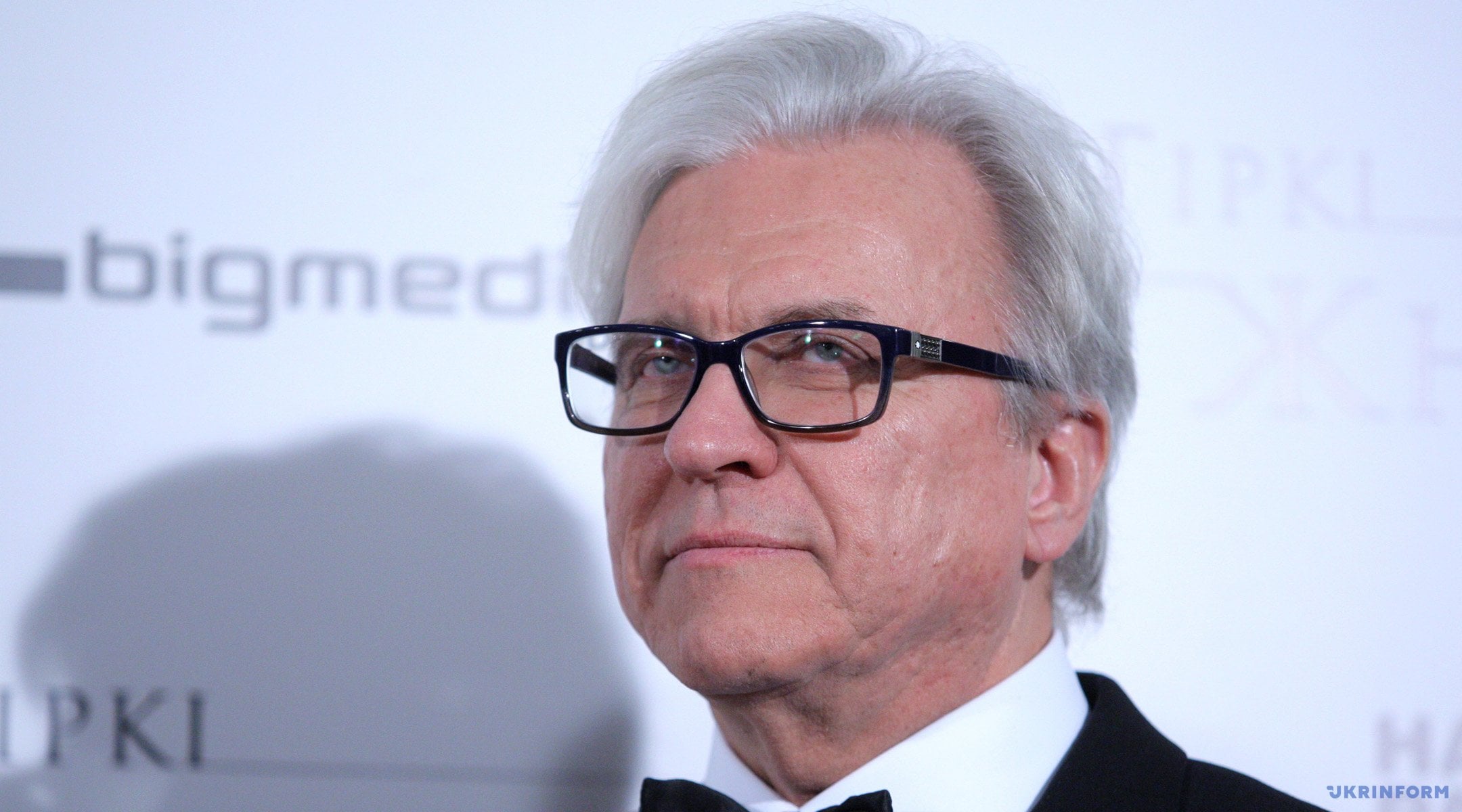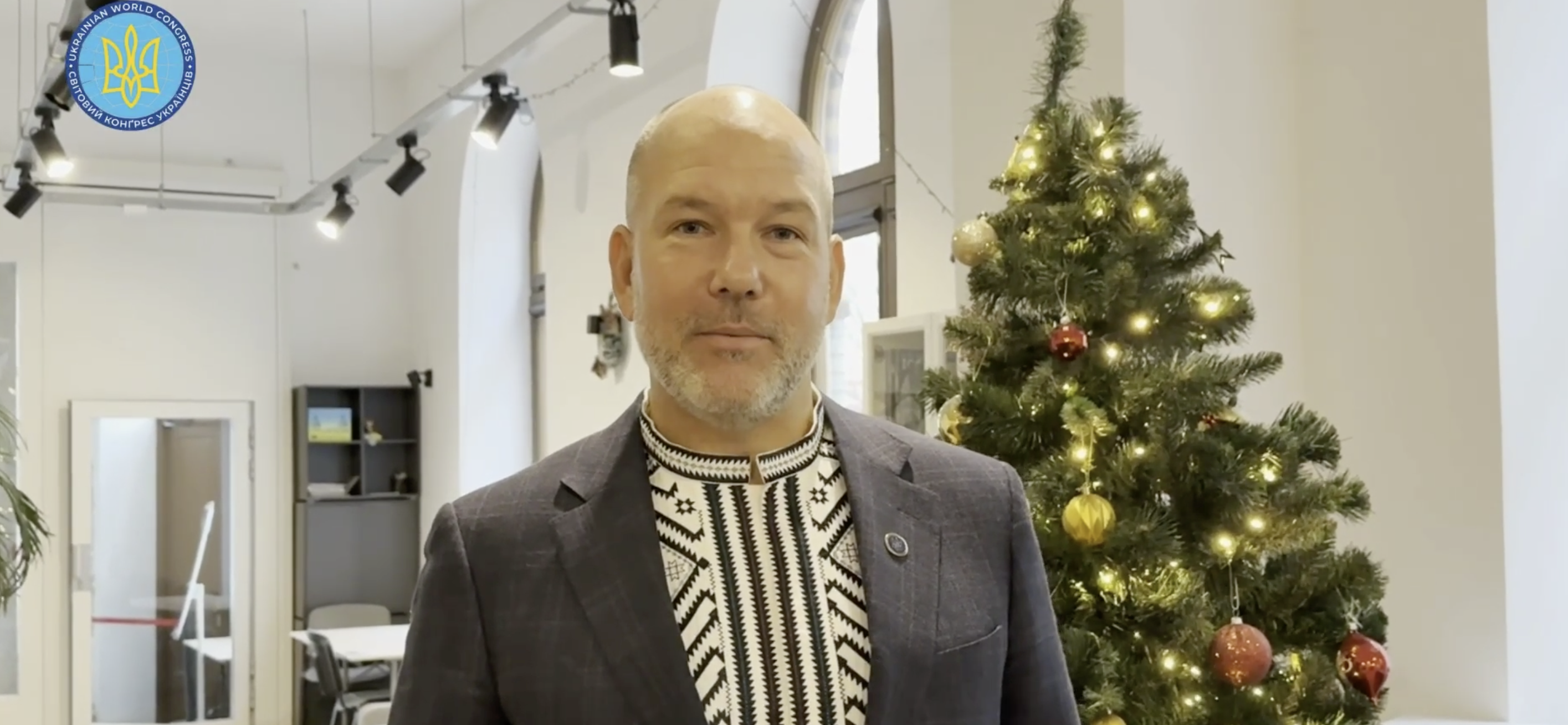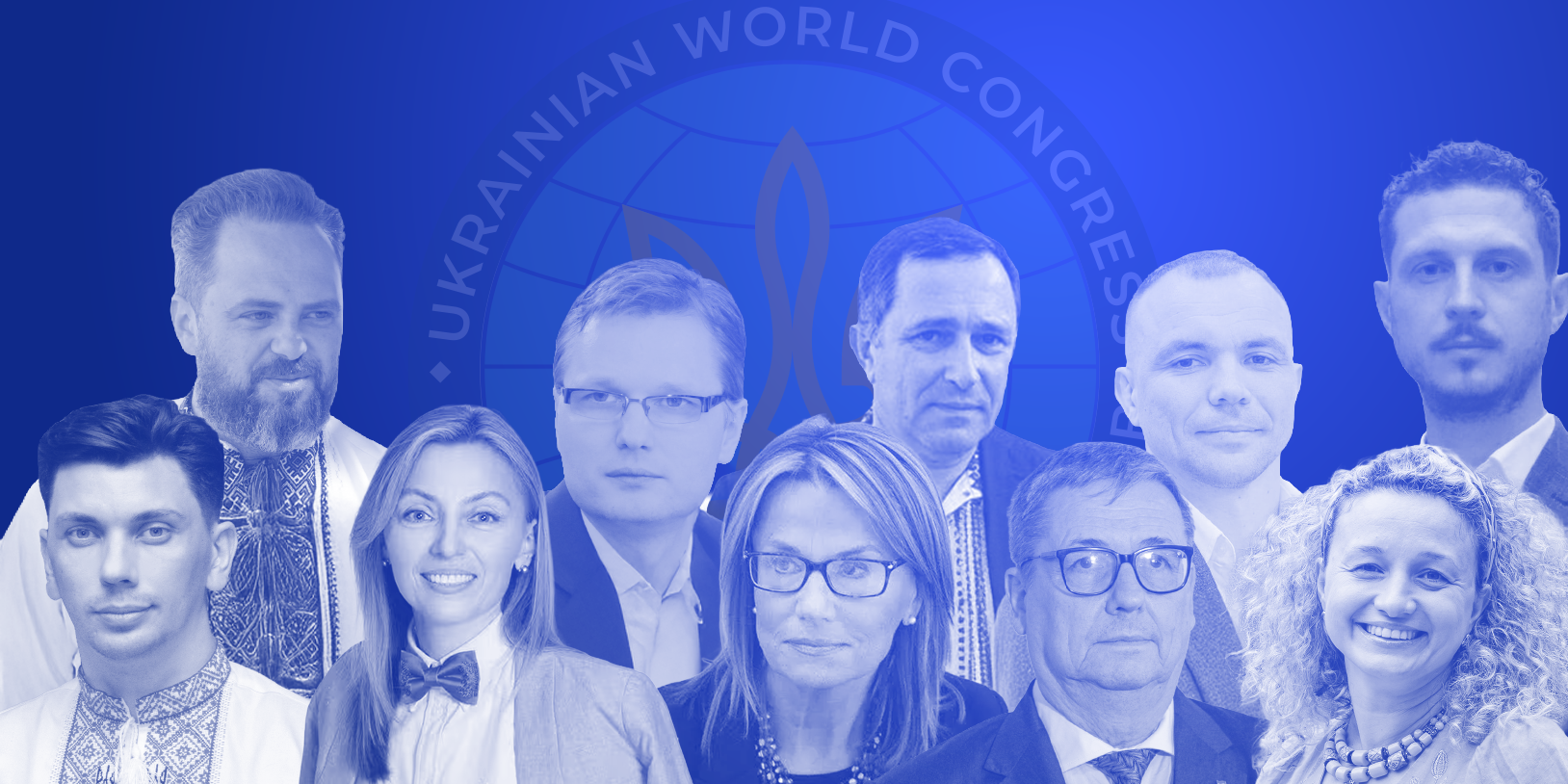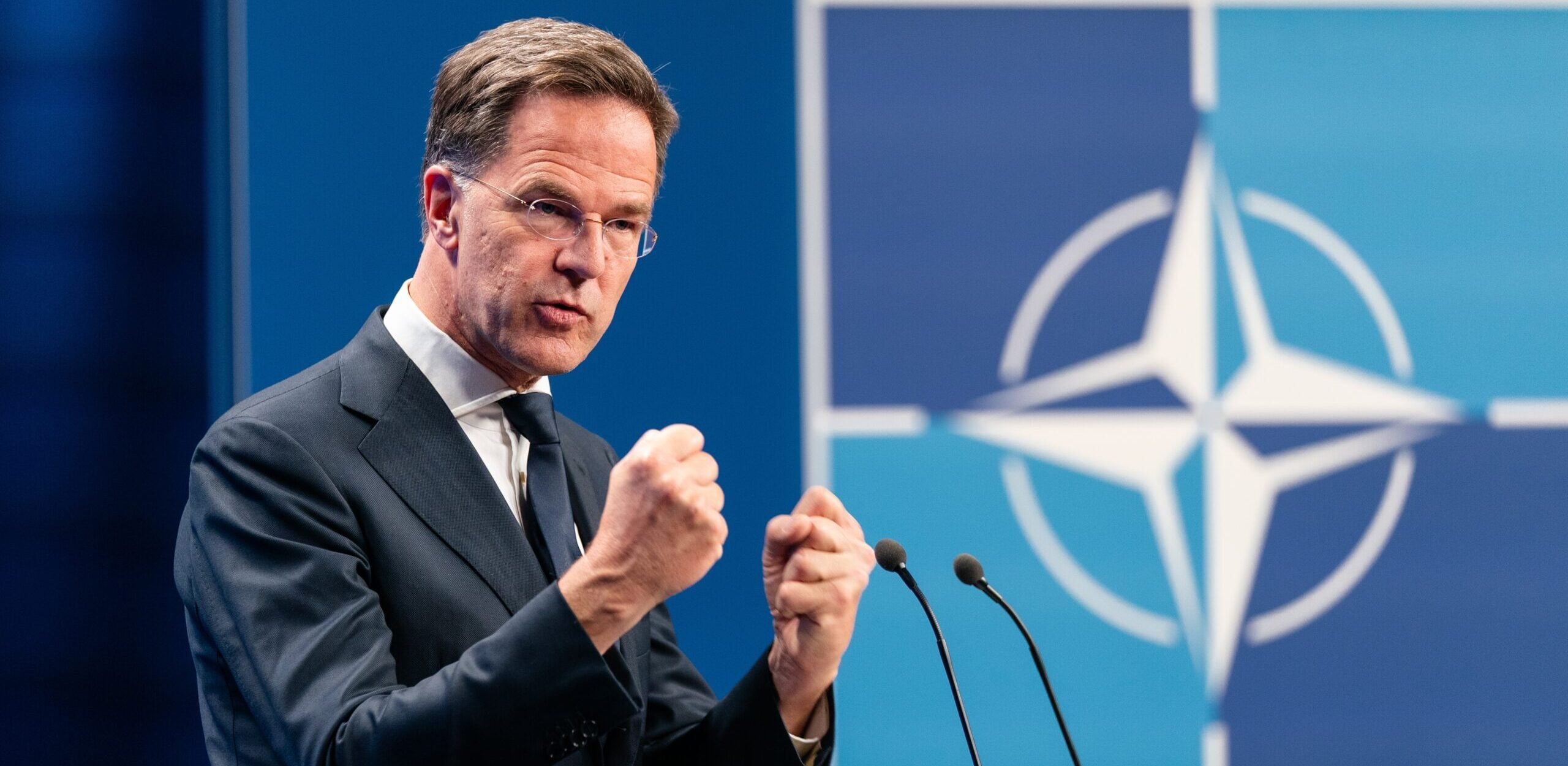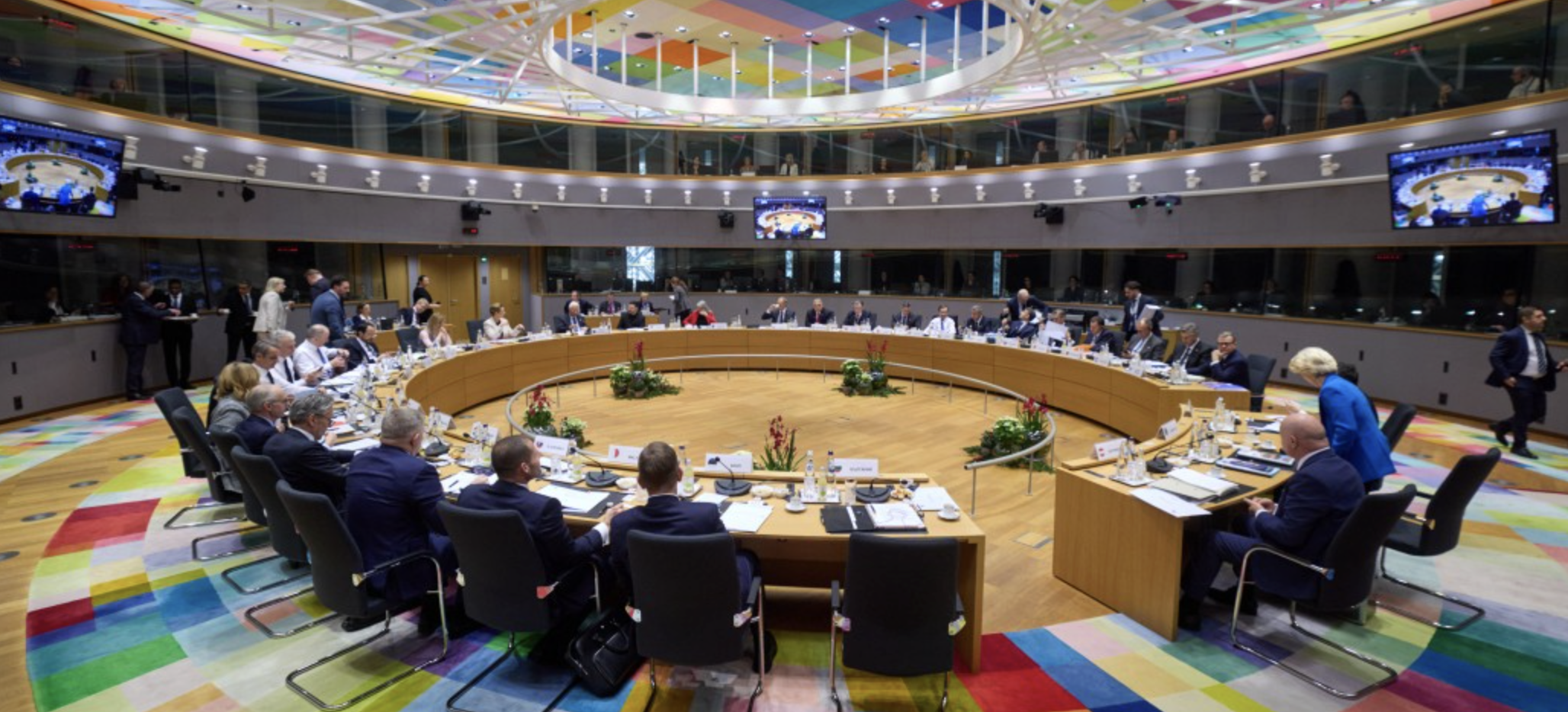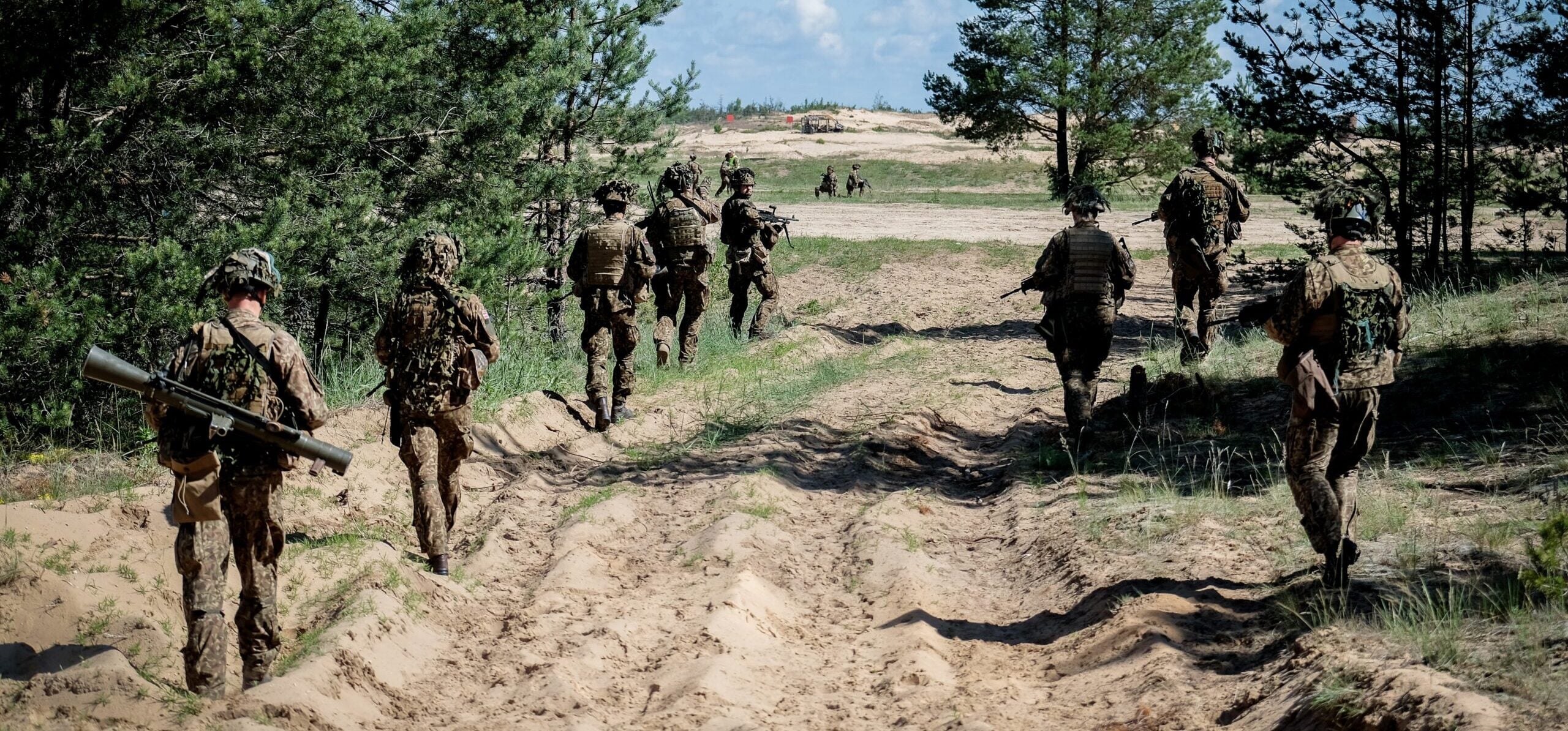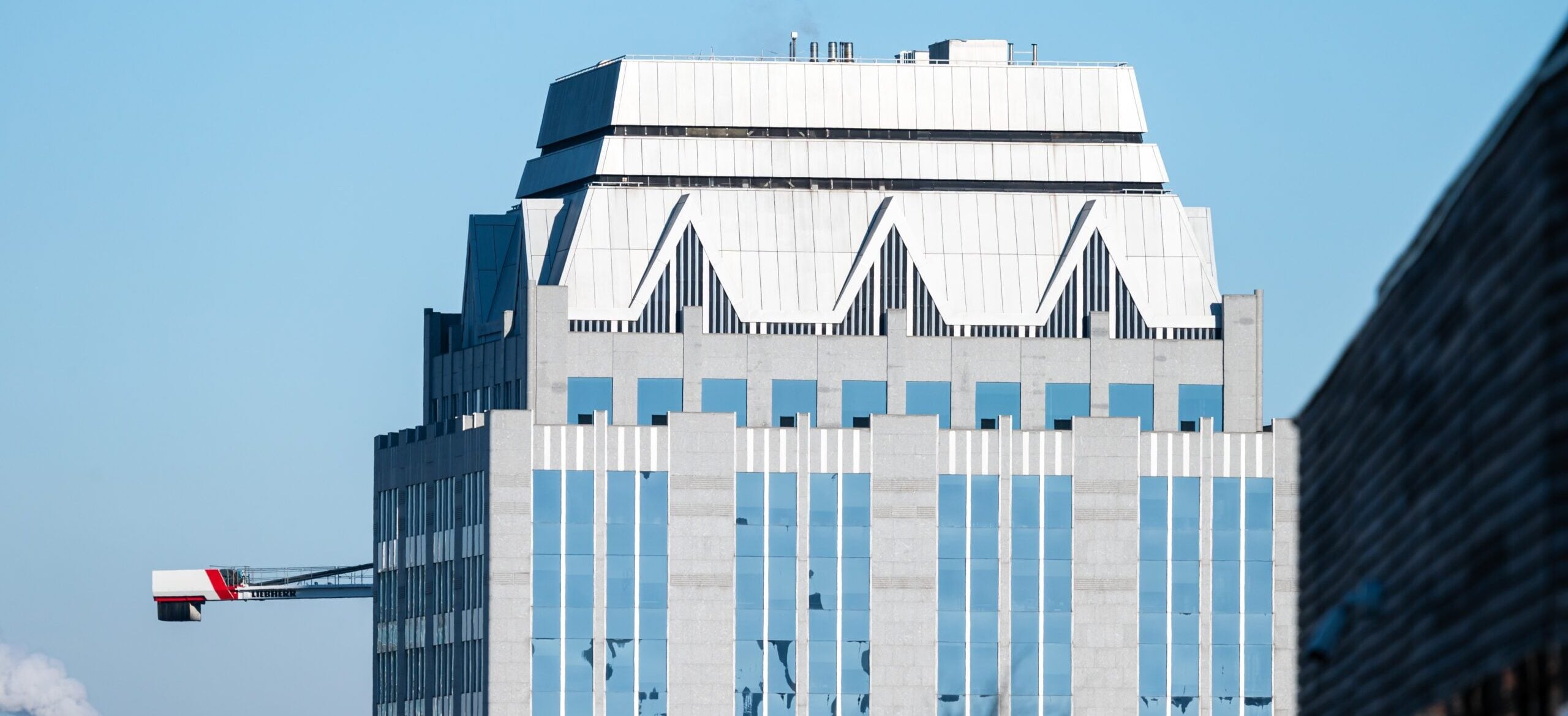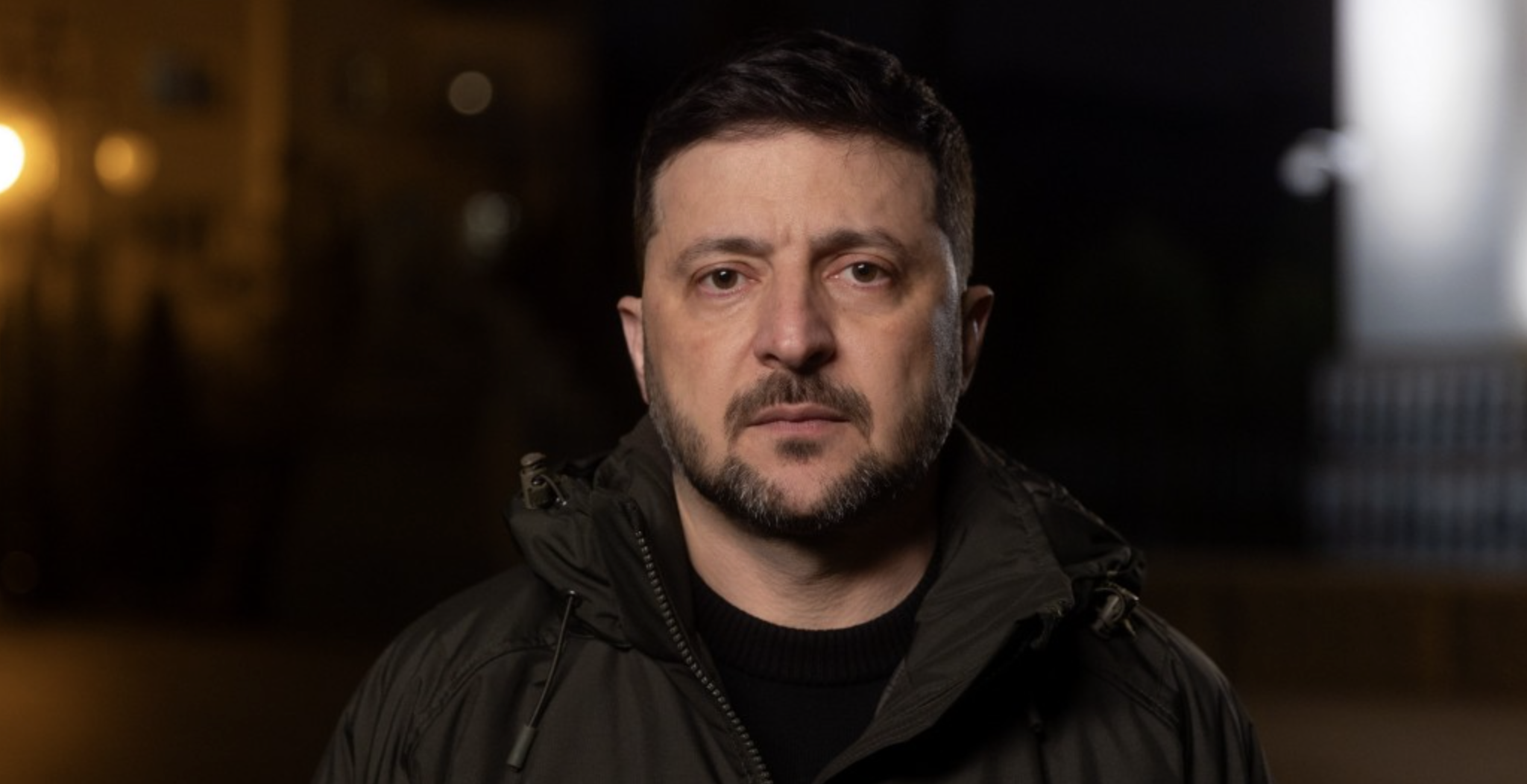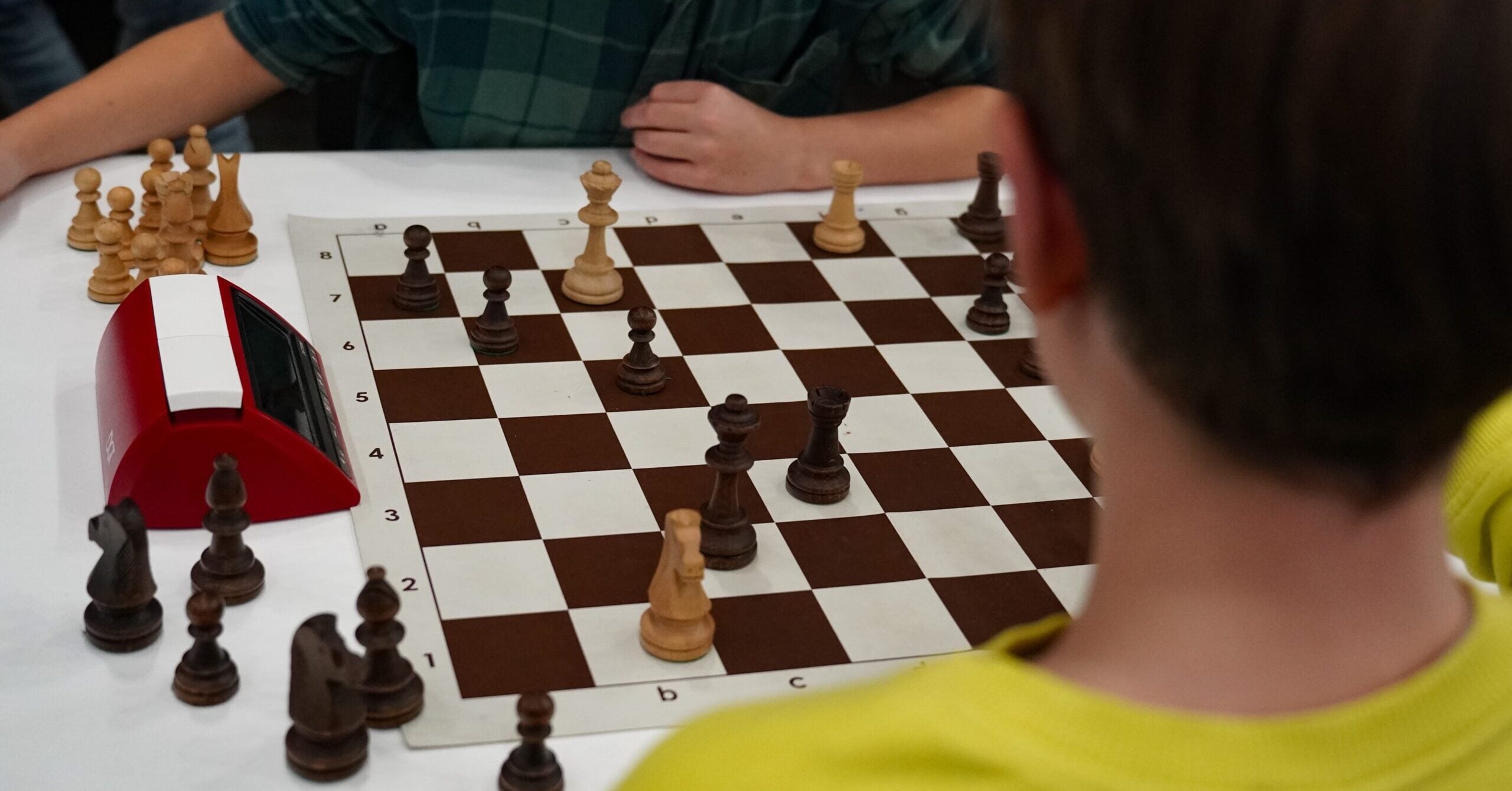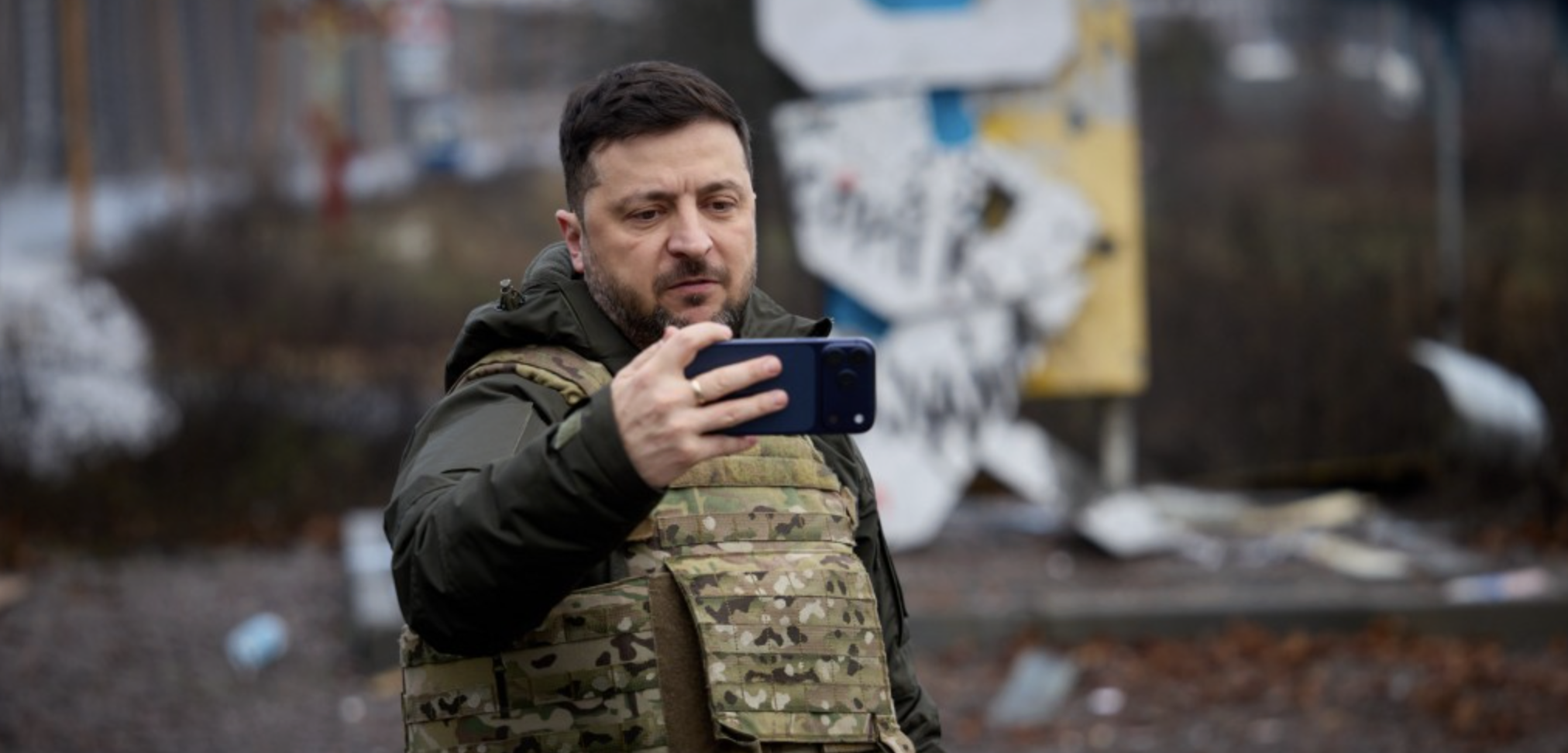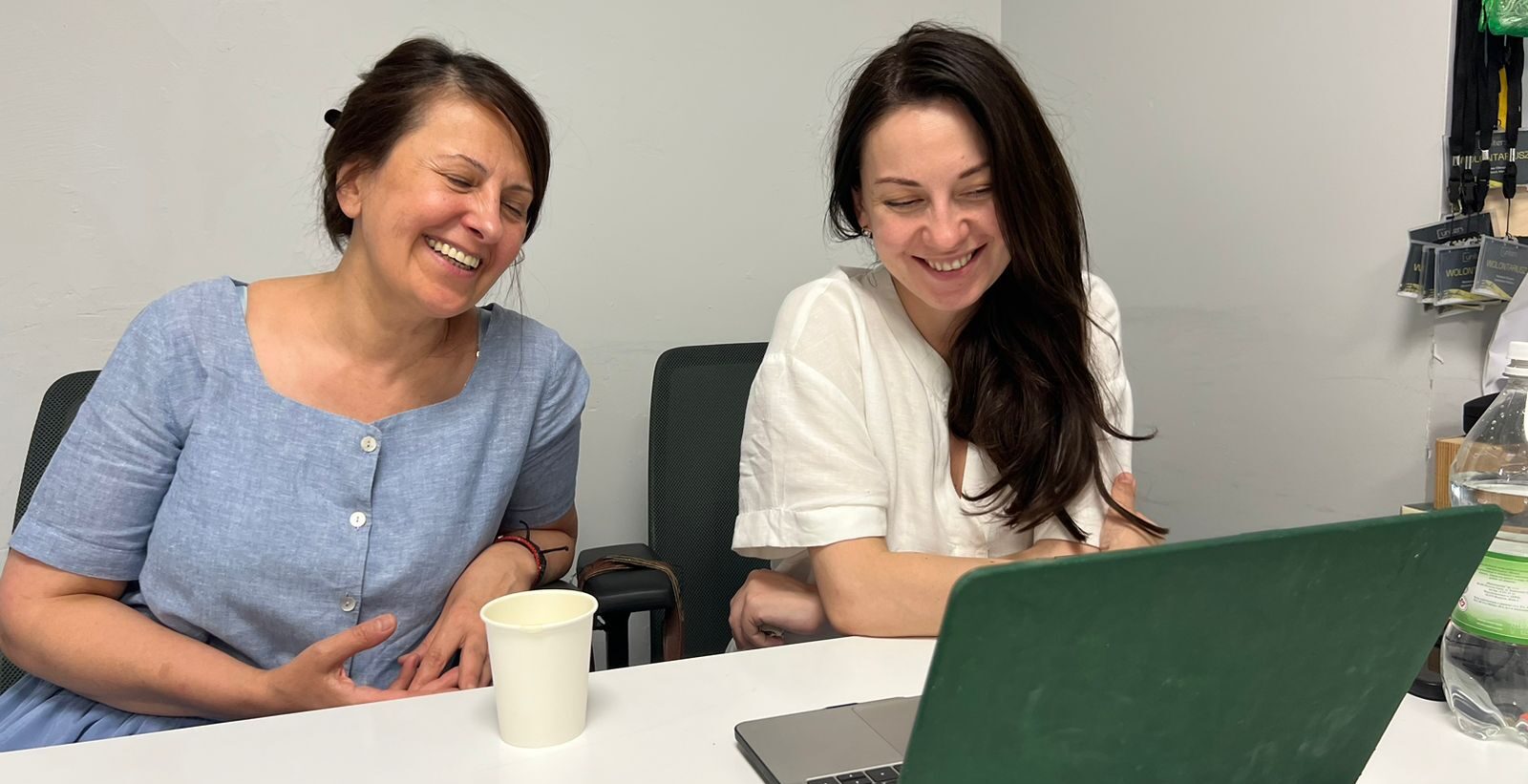
On a hot summer day in Warsaw, life is bustling in a three-story building adorned with Ukrainian symbols. Volunteers assist visitors in choosing things, corridors are filled with essential goods, camouflage nets are being woven downstairs, tea is served in the kitchen, and there are cozy rooms for a lawyer and a psychologist on the upper floors. By the end of the day, founders of the Warsaw-based Uniters Foundation, Halina Andruszków and Wiktoria Batryn, find a moment to talk. We’re curious how this mother and daughter duo ventured into public service to lead a powerful Warsaw-based foundation, supporting Ukraine for over 10 years.
“This is my daughter, Wiktoria, and we founded this organization together in 2014,” says Halina Andruszków. “When the Revolution of Dignity began, the Polish Ministry of Foreign Affairs was receiving injured Maidan activists, and we were interested in where they were taken and whether they needed help. We found them at the hospital on the first day and began caring for them. There, we saw that many people, just like us, wanted to help, and we didn’t fully grasp the extent of the desire to support Ukraine at that time. We stationed volunteers at the doors to prevent others from coming in. People brought sweets, fruits, vegetables, phone cards, phones, computers, clothes; they took shifts, and we realized that these people needed to be organized because chaos was starting to emerge, and doctors and nurses couldn’t handle it. We fed the guys, then when they were discharged, we translated for them, took them to hostels, helped them with documents at the consulate, and thus a community was formed. Friendships developed among these people, among like-minded individuals, and since then we have been continuously involved in helping Ukraine.”
“What can you give children when their father is gone…”
Wiktoria and I realized that we were missing that sense of communication and responsibility. When the participants of the Revolution of Dignity who were receiving treatment left, we felt a void and wanted to continue doing something. Then the fighting started in Donbas, Crimea, the first casualties, the first deaths, and we began sending aid. The guys said – don’t help us in the East, but help the family of our comrade who was killed in action.
Wiktoria asked me, “What do you think will be given to the children when their father is no longer around?” So, we posted a call on social media to collect symbolic gifts for the children of the fallen and send them to Ukraine. We gathered 900 gifts. Two rooms in the Ukrainian house were filled, and these weren’t used items – they included chocolates, sweets, new clothes, jackets, socks, and gloves.
We didn’t know what to do with all this. People from all over Poland, Ukrainians, both native Ukrainians living here and Polish citizens and labor migrants, stood at the doors just like with the guys in the hospital, bringing us sweets and toys. We sorted everything into gifts and sent them to everyone who was fighting or injured. This is how our ‘Holidays Without Dad’ campaign started, which has been ongoing for 10 years.
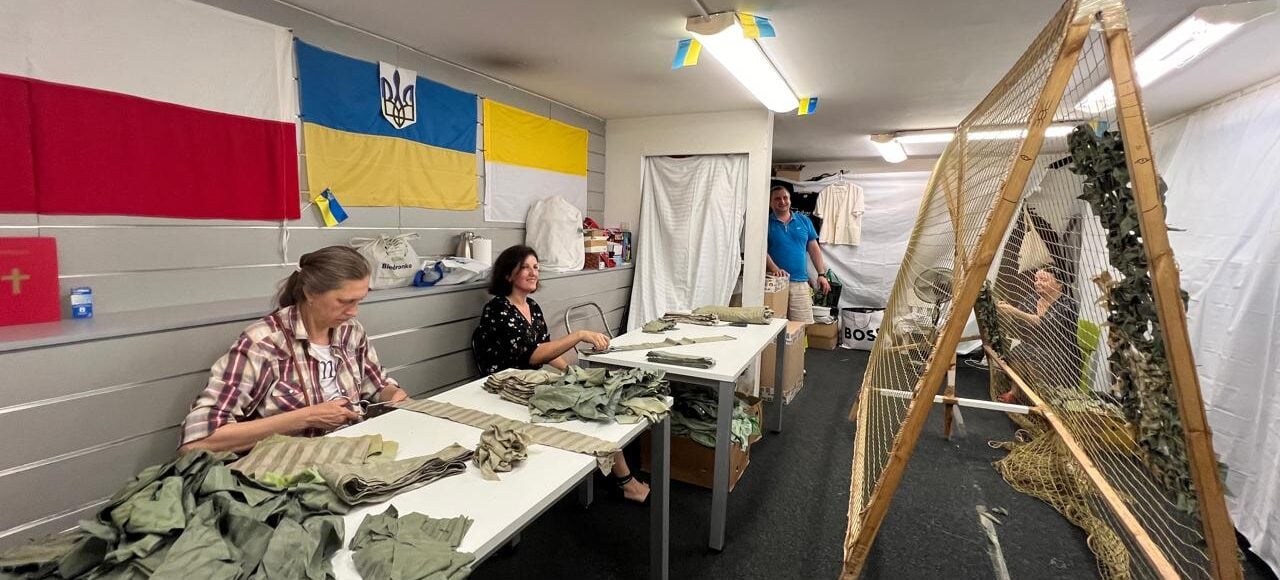 By February 24, 2022, we had a complete list of children and a unique database that we had created ourselves. Now, however, that number has likely increased by tenfold or even more.
By February 24, 2022, we had a complete list of children and a unique database that we had created ourselves. Now, however, that number has likely increased by tenfold or even more.
“Autochthonous Ukrainians taught us to love Ukraine”
The Maidan shaped us, but it was the native Ukrainians born in Poland who taught us to be truly Ukrainian. It’s strange and paradoxical, but we saw how deeply they love Ukraine, how they preserve traditions and language, and how they refer to Ukraine as “Great Ukraine.” This is passed down from generation to generation. It amazed us and made us feel ashamed that we weren’t as Ukrainian as they were, despite coming from Ukraine ourselves. We began to listen and observe more closely, humbled and with our heads bowed, absorbing their words. They taught us to love Ukraine more deeply than we had before.
The strength of the community, the power of tradition, and the example of their dedication to Ukraine were profound. They didn’t need to speak much – just a word, and they were immediately engaged. Without grandstanding or boasting, they simply did their work quietly. This deeply impressed us, and we aspired to be like them. This is the essence of Ukraine – powerful and incredibly strong.
“Resolution 953 is an attack on the volunteer movement”
We send large shipments of humanitarian aid from warehouses outside this point. We have warehouses where TIR trucks – large 20-ton rigs – are loaded. Previously, we would send 20-30 trucks a day, but now we can only send them once a week if we have the resources. Humanitarian aid used to come to us easily, but now finding aid for Ukraine is extremely difficult. Additionally, Ukraine has introduced new restrictions under Resolution 953 [Resolution No. 953 of September 5, 2023, Regarding Certain Issues of the Passage and Accounting of Humanitarian Aid During Martial Law].
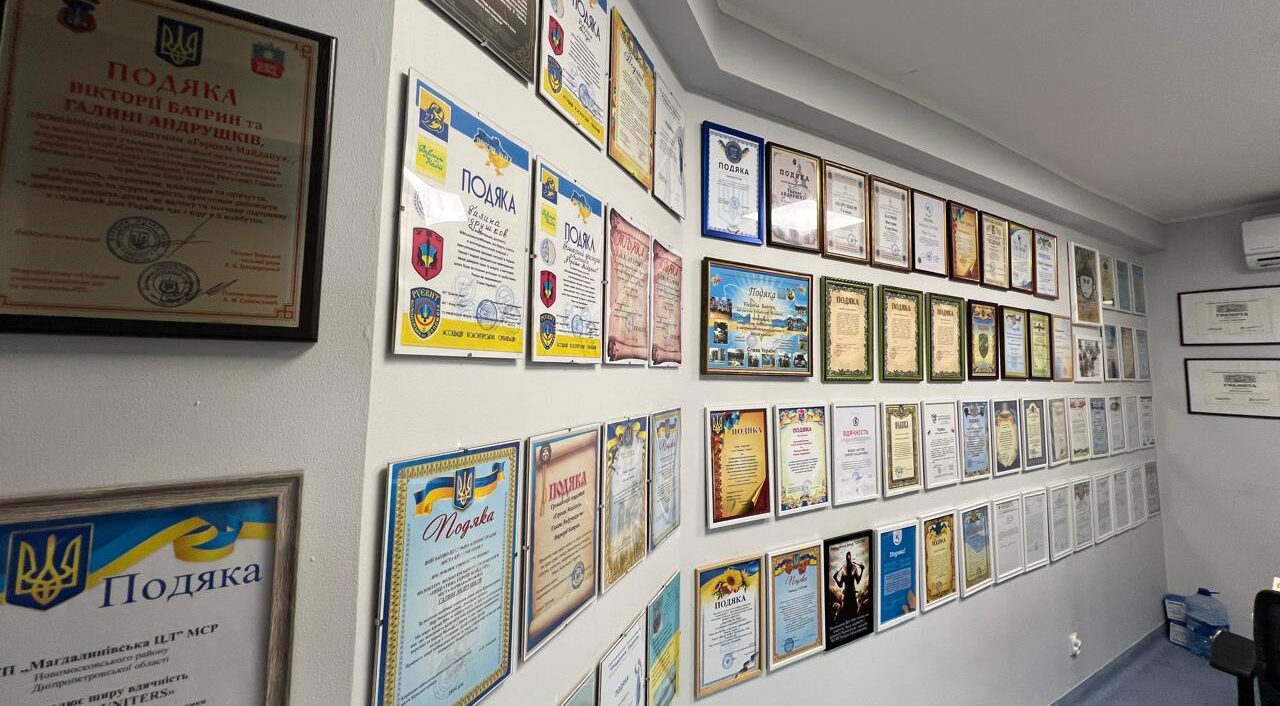 Of course, we are working on this issue with the Deputy PM Iryna Vereshchuk and the Ministry of Social Policy. We have been working for a long time and hope that something will change, as this has severely impacted the volunteer movement. Many organizations are closing due to the overwhelming bureaucracy. The border is also problematic because we can only provide humanitarian aid to intermediaries – companies or organizations that take on this responsibility, and they become the aid providers. Although we collaborate with all brigades along the front line, we cannot directly distribute aid. We have to handle it through paperwork, for example, sending aid to Kyiv when it is actually needed in the Kharkiv region, which is incorrect. Sometimes due to bureaucracy, aid doesn’t arrive in time because the soldiers it was meant for may no longer be there. It weighs heavily on our conscience.
Of course, we are working on this issue with the Deputy PM Iryna Vereshchuk and the Ministry of Social Policy. We have been working for a long time and hope that something will change, as this has severely impacted the volunteer movement. Many organizations are closing due to the overwhelming bureaucracy. The border is also problematic because we can only provide humanitarian aid to intermediaries – companies or organizations that take on this responsibility, and they become the aid providers. Although we collaborate with all brigades along the front line, we cannot directly distribute aid. We have to handle it through paperwork, for example, sending aid to Kyiv when it is actually needed in the Kharkiv region, which is incorrect. Sometimes due to bureaucracy, aid doesn’t arrive in time because the soldiers it was meant for may no longer be there. It weighs heavily on our conscience.
“200–300–500 people come every day”
People come for bread. If you came here tomorrow at 12:00, you would see the line behind the building, where 200-300-500 people come every day. During the distribution of food packages, up to two thousand people arrive because we are currently the only place in Poland operating in this way.
We distribute bread almost every day except Monday. In the evening, 15 bakeries from all over Warsaw bring bread that hasn’t been sold. Many people say, “This is a great help for us,” because Poland is currently not providing financial assistance. The only financial support available is 500 złoty if children attend a Polish school, not a Ukrainian one. And if you buy bread every day for a family of three, it adds up to a significant amount over the month. People simply don’t have that money; some have found work, some have just arrived here, and some have returned to Ukraine and come back again, so this assistance is very valuable to them.
From time to time, we receive products nearing their expiration date from Bank Żywności w Polsce. We quickly distribute these products in food packages.
Today, we loaded vans going to the front; volunteers are heading to the front, and we always add extra supplies, like men’s shampoos, razors, various Mivina products, soups, chocolates, and more.
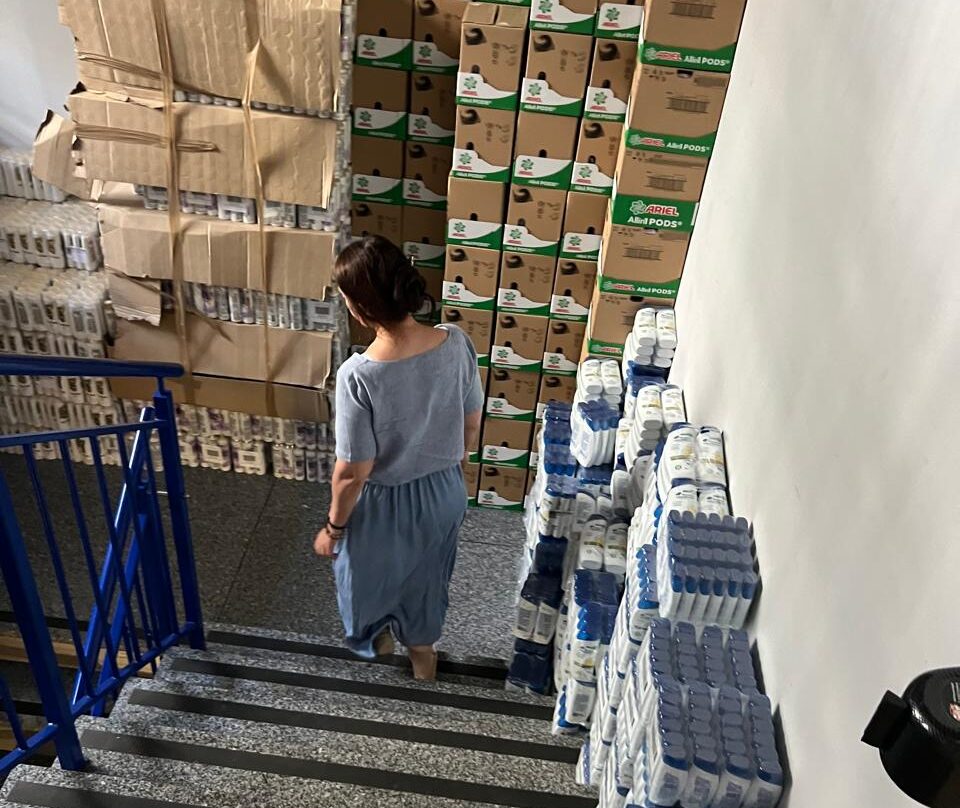
“Boys are united on the frontline, why shouldn’t we be?”
Almost our entire family is now on the front lines. Kolia, my stepbrother, was killed; it was a huge tragedy for us. Many of our acquaintances are no longer here. We have nephews, many friends, and our volunteers, as well as their families, fighting there – so we have people to work for. They motivate us.
We always call for unity. Only together can we do good deeds for Ukraine and help. We need to stand as one on both the home front and the front line. We won’t achieve anything separately. If the guys are together there, why shouldn’t we be together here? Only by working together, helping each other, can we win.
